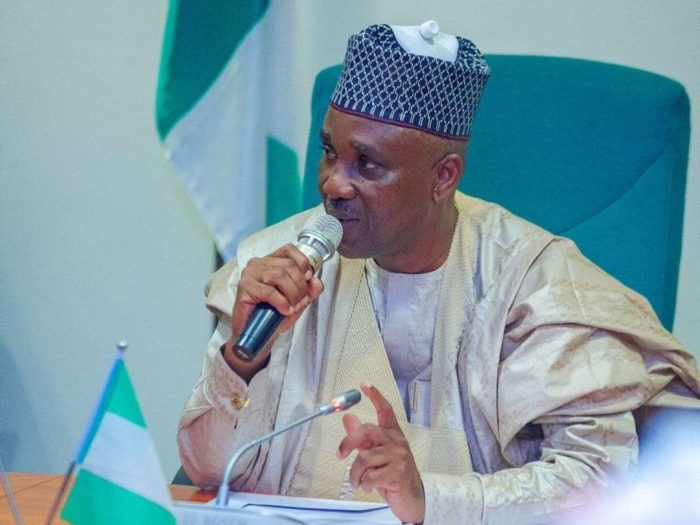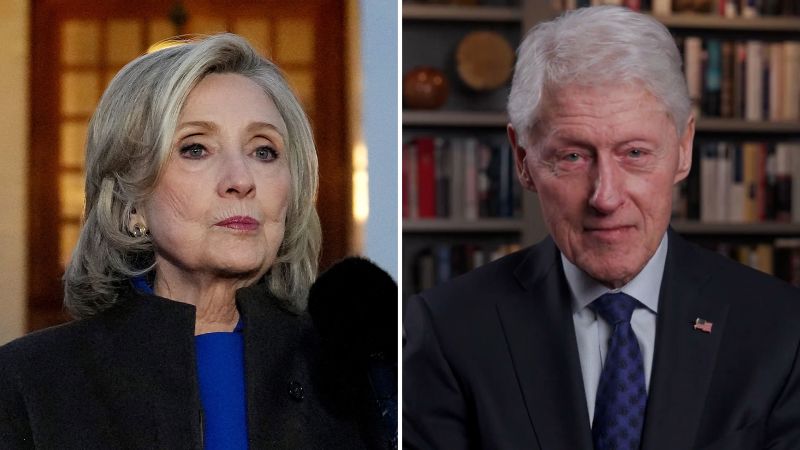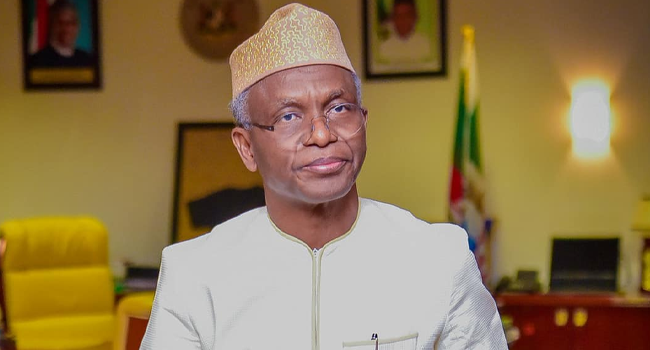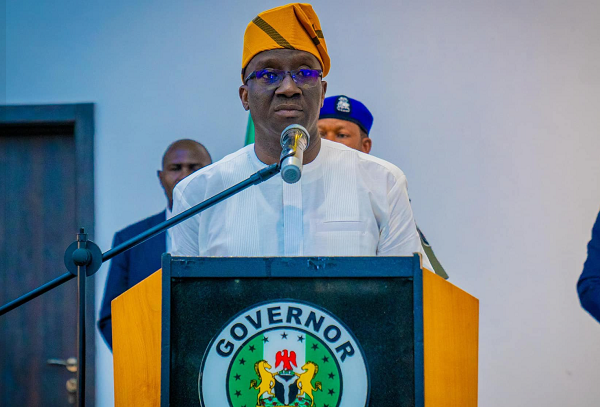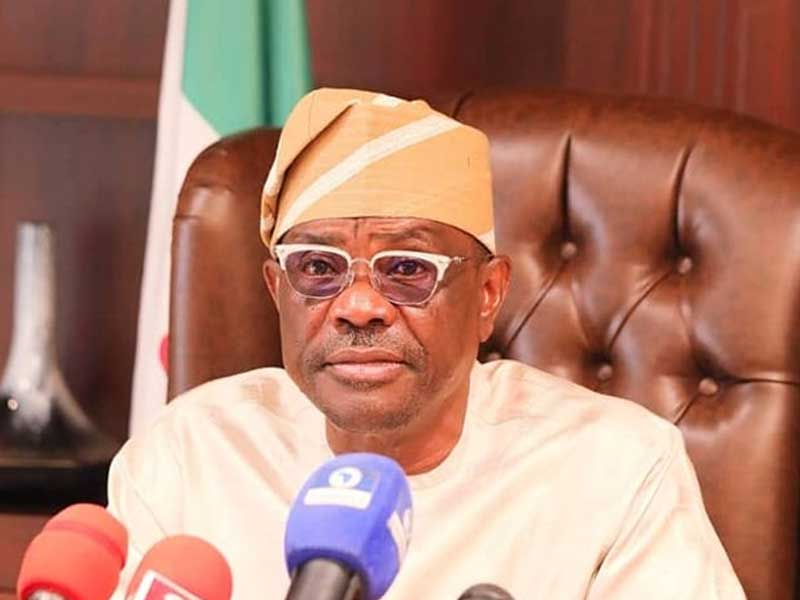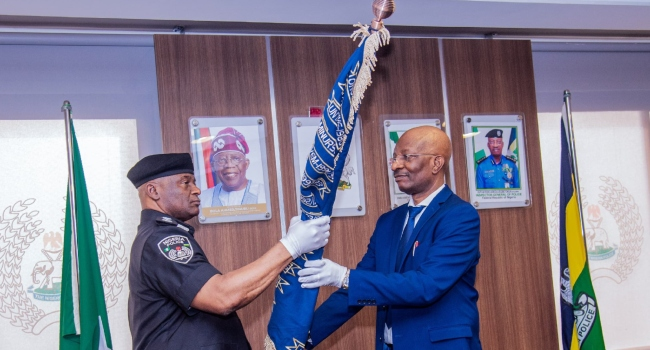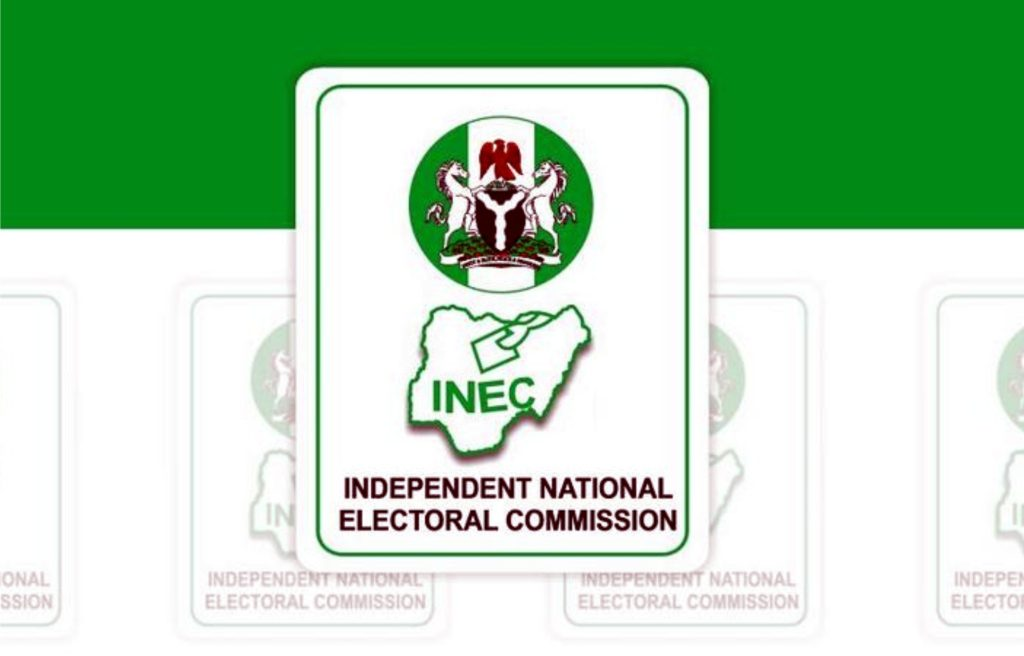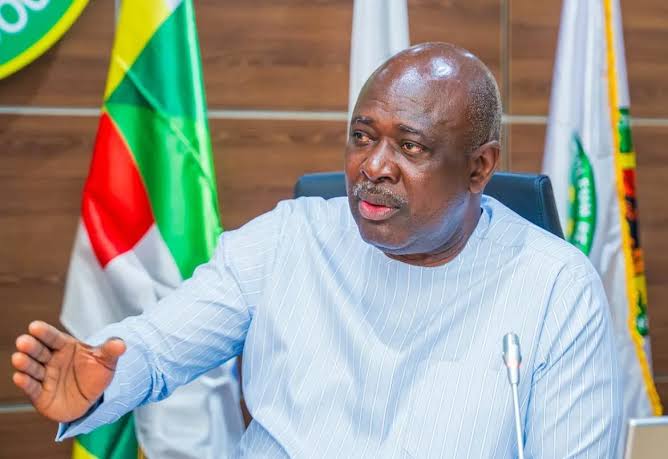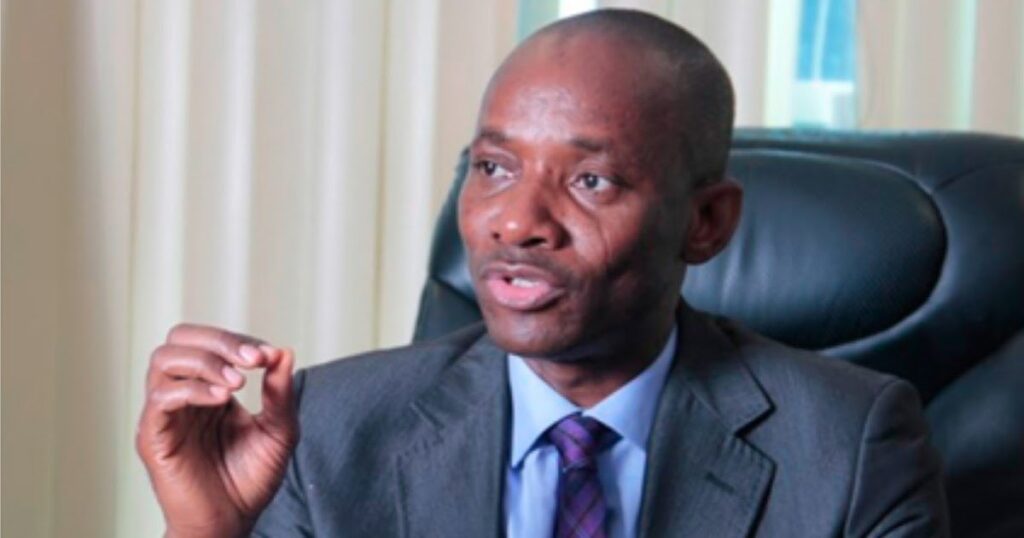Speaker of the House of Representatives, Abbas Tajudeen, has clarified that no resolution has yet been reached on the Tax Reform Bills currently under review by the National Assembly.
Speaking during an interactive session on the Tax Reform Bills in Abuja on Monday, Abbas addressed the ongoing discussions around the Nigeria Tax Bill, Nigeria Tax Administration Bill, Nigeria Revenue Service Establishment Bill, and Joint Revenue Board Establishment Bill. These bills, forwarded by the presidency last month, have been met with calls for withdrawal from the National Economic Council (NEC) due to controversies surrounding their content. Despite this, President Bola Tinubu has encouraged public contributions during the legislative hearings.
Abbas emphasized the importance of thorough scrutiny to ensure the bills align with the interests of all stakeholders, including the executive, legislature, state governments, and Nigerian citizens. “This session will help us identify areas needing amendment, clarification, or improvement and ensure compatibility with the 1999 Constitution (as amended) and other relevant laws,” Abbas stated.
He also highlighted the critical need for tax reforms to foster sustainable economic growth. Despite Nigeria’s status as Africa’s largest economy, the country faces a low tax-to-GDP ratio of just 6 percent, well below the global average and the World Bank’s 15 percent benchmark for sustainable development. Abbas stressed the importance of addressing this gap to reduce Nigeria’s reliance on debt financing and ensure fiscal stability.
“We must tackle this challenge to secure our future and reduce the country’s heavy debt burden,” Abbas added.
Taiwo Oyedele, Chairman of the Presidential Fiscal Policy and Tax Reforms Committee, also participated in the session, urging Nigeria to address its high inflation rate of 33 percent and resolve its ongoing revenue challenges.
“In 2020, 97 percent of Nigeria’s revenue was spent on debt servicing,” Oyedele said, adding that the naira had lost significant value over the past decade compared to currencies like the Kenyan Shilling and South African Rand, which have implemented more robust policy reforms.
Oyedele concluded that Nigeria’s current budget is inadequate, underscoring the need for urgent fiscal and economic reforms to ensure long-term financial sustainability.

